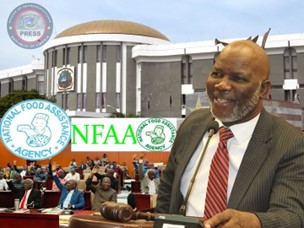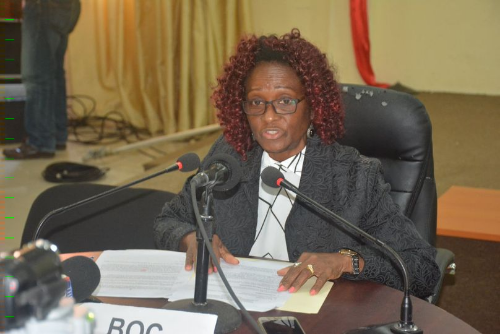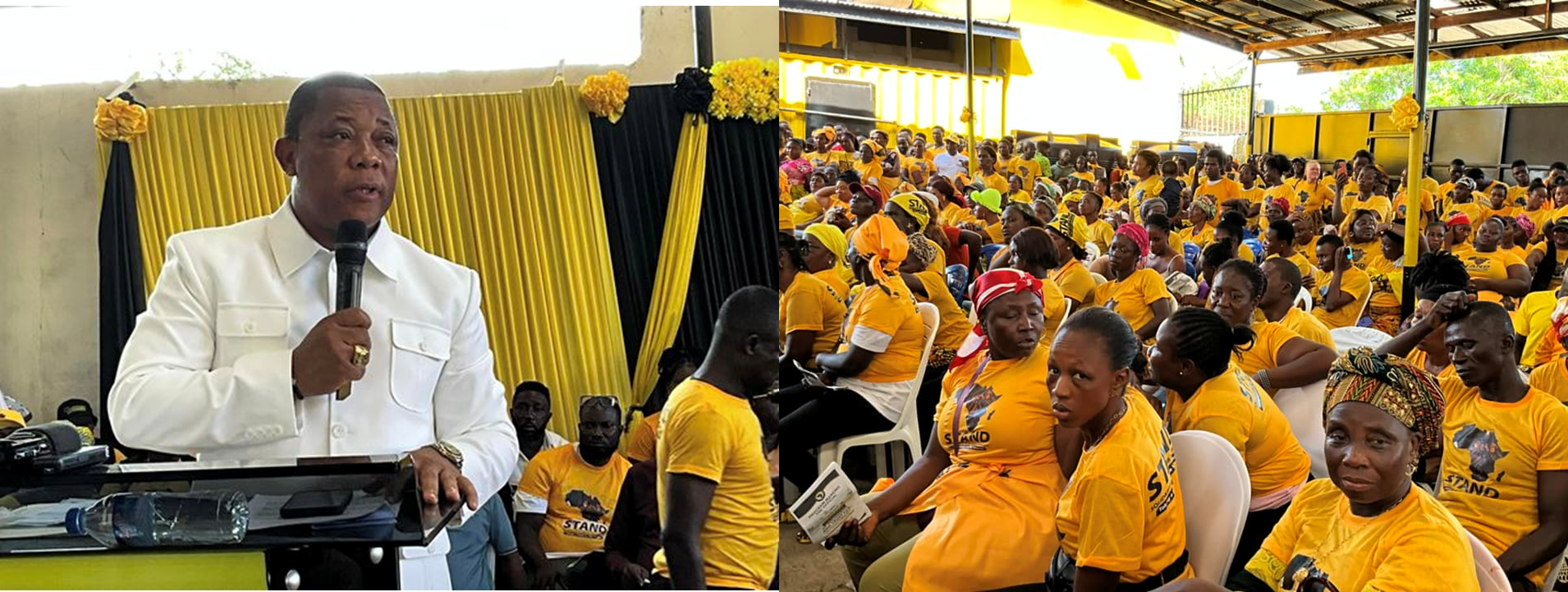As the National AIDS Commission (NAC) is set to observe World AIDS Day, it has called on policymakers, state actors and partners to take bold, deliberate and strong political actions if Liberia is to end AIDS by 2030.
Reading the press statement on Monday, Theodosia S. Kolee, Chairperson of the National AIDS Commission, appealed to the government to increase availability, quality and suitability of services for HIV treatment, testing and prevention in order that everyone is well served.
The Chairperson of the NAC stated that it will be prudent for government to reform laws, policies and practices, tackle the stigma and exclusion faced by people living with HIV and by key and marginalized populations so that everyone is shown respect and is welcomed.
“Allow communities to make use of and adapt the Equalize Message to highlight the particular inequalities they faced to press the actions needed to address them,” Kolee told journalists on Monday, November 28, 2022 at their office on UN Drive.
Reading the press statement, Kolee further explained that there should be no HIV-related discriminatory law and regulation, and policies should be passed and the government repeals all existing HIV-related discriminatory laws, regulations and policies written on the books in Liberia.
According to the press statement delivered by the NAC Chairperson, as part of the global community Liberia has only eight years left before the 2030 goal of ending AIDS as a global health threat, so economic, social, cultural and legal inequalities which undermine the effort of NAC must be addressed as a matter of urgency.
Reading the press statement, Kolee asserted that, in order for Liberia to be a zero HIV/AIDS-free country, people must change their attitudes toward people infected and affected by HIV, especially key and vulnerable populations. Furthermore, in order to translate commitments into measurable policy change and programmatic interventions that result in the enjoyment of HIV-related rights by all in line with goal one of the NSP, Liberia needs to ensure that the economic, social, cultural and legal inequalities which undermine the effort of NAC are addressed, regardless of the sexual identity, sexual orientation, health status and life choices of all people.
However, the press statement noted that as the world aims to end HIV and AIDS as a public health threat by 2030, Liberia cannot afford to be left behind.







